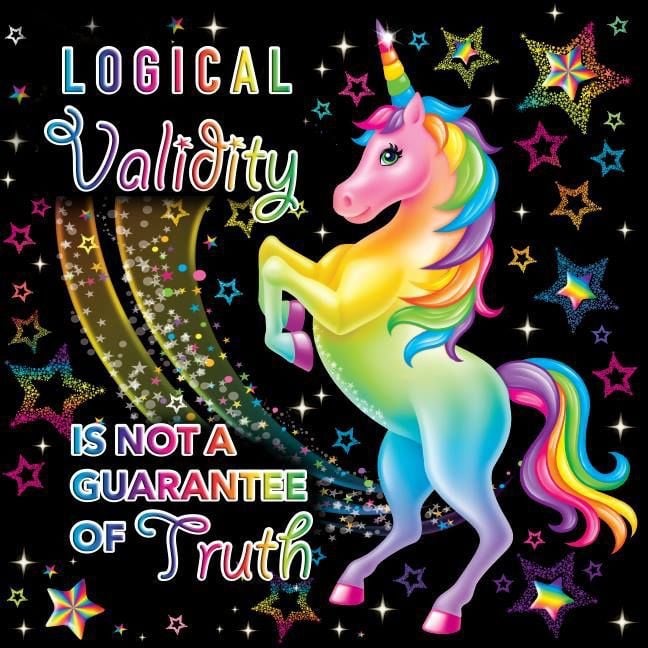NESTED! Dollar babies, Who Cares era, light rail, always on fire
Hi friends!! Hope you’re doing well. I bring thee links for the summer!
Special love to everyone who told me they appreciate this newsletter (and sorry this is only the second one this year, once again I’ve just been lazy).
Wikipedia is the best website
Snowclone is a name for cliché phrase that are often reused humorously by replacing some words (for example ‘X is the new Y; The mother of all X; X as a service.’)
See also: libfixes for clichéd suffixes (Pizzagate, staycation, gaydar, crunchalicious, blogoverse).
Stephen King used to license his short stories for only $1 to let film students make non-commercial adaptations. These films and filmmakers are called Dollar Babies (…and Stephen King said they’re mostly all bad).
The boy Jones was a teenager known for breaking three times into Buckingham Palace.
Military servicemen sometimes received a Dear John letter, sent by their partner at home to let them know they found someone else and wanted to end the relationship.
Astrology, fortune telling and most personality tests rely on the Barnum effect, the name for the psychological phenomenon where people feel that some descriptions of their personality supposedly tailored to them are highly accurate — even though they are vague enough to apply to a wide range of people.
I caught lobster

Mildly interesting
An insider look inside arXiv.org, perhaps one the most important pieces of infrastructure for scientists and engineers.
A study suggested that the move to contactless is responsible for a statistically significant decline in children accidentally ingesting coins.
I didn’t know that Charles Bukowski loved computers (and wrote poems about them).
Thought experiment: what if we made advertising illegal? It’s clarifying to think about how much this could change the internet and the world. "The idea feels like sci-fi because you're so used to it, imagining ads gone feels like asking to outlaw gravity. But humanity had been free of current forms of advertising for 99.9% of its existence. […] I think there's a world where we'll look back on our advertising-saturated era with the same bewilderment with which we now regard cigarette smoke, child labor, or public executions: a barbaric practice that we allowed to continue far too long because we couldn't imagine an alternative.”
Beautiful piece from Rebecca Solnit on the utility of preaching to the choir, and talking with people about things they already believe in.
Some rules for a fucked up individuals dinner party (”share one thought that would get you cancelled on Twitter”, “read a breakup text”).
How to have high agency in your life. (The writing is techbro-y but imo it easily conveys some important ideas for personal growth in a 30 minutes read)
The safety performance of bike helmets does not meaningfully degrade with age: unless you’ve had an impact that broke it, you probably don’t need to change it every few years, like manufacturers recommend. (It’s not like they have an incentive to say that.)
Everything is depressing
On the death of daydreaming: “what we lose when phones take away boredom and interstitial time.”
If it seems like more and more people in the service industry are bad at their job, it could just be because the jobs are bad.
Douglas Murray's On Democracies and Death Cults is apparently a bestseller book at the moment, for all those who want to justify the genocide of Palestinians? Anyway here’s an incredible takedown of the intellectual rigour of the book, very worth reading.
Justin Pot thinks extrinsic motivation is ruining everything.
This month in AI

Dan Sinker says we’re deep in the Who Cares Era, which (besides everything else) is a great mental shortcut to explain a social issue with how a lot of people use AI: there’s a general lack of caring about the trustworthiness of the output, as long as it feels coherent and ‘good enough’.
Probably also caused by a generalised lack of understanding of what LLMs do.
A study from the end of last year found that using AI at work damages your professional reputation. Notably, it also found that people who use AI also believe that it will damage their professional reputation, which in turn means they don’t disclose when they use it.
Anyway, thankfully AI hallucinations *checks notes* continue to get worse as models get bigger.
A perspective on the Jevons Paradox in AI. As with any technology that promises to improve efficiency, any productivity gains will eventually disappear because of induced demand, and the goalposts will move.
In fact a recent study already suggests time saved by AI is offset by new work created. (The new work includes “reviewing AI output quality”, “crafting effective prompts” and for teachers, “detecting whether students use ChatGPT for homework”).
Some people with mental illnesses are falling prone to AI-fueled spiritual delusions in fantasy worlds, which is both sad and terrifying as some LLMs become more sycophantic.
All things considered, I appreciated this take comparing LLMs and John Henry. “I’m not trying to convince you that LLMs will eventually become super-intelligent software engineers. They will or they won’t. What I am saying is that in the battle between skilled craftspeople and automated mass-production - whether it’s about drilling holes, sewing fabric, making cars, or writing software - the automated mass-production typically wins, no matter how proud the craftspeople are of their skills.” Once again, for better or worse, AI might just be the industrial revolution for white-collar jobs.
Also appreciated this similar hopeful sentiment for people working in product & design: the future favours the curious. I’m famously an AI skeptic, but I famously love to be proven wrong too!
Good to look at
New favourite daily game in our house: FoodGuessr makes you guess where a food is from.
What the hell are people doing? is a live model of what the entire world is doing at this exact moment.
Unparalleled Misalignments lists “pairs of non-synonymous phrases where the words in one phrase are each synonyms of the words in the other”.
Some favourites: old friend ↔ stalemate; cancel culture ↔ anti-bacterial; father figure ↔ dad bod; speech therapist ↔ Word doc.
Of course, the best are behind the NSFW checkbox: Union Jack ↔ mutual masturbation; casual sex ↔ light rail.
Sainsbury’s has an archive of their old food packaging and I am in LOVE with these 70s dried, frozen and canned food labels. (h/t Darío)
I loved the hope behind this essay on needing to envision better futures (by destroying phones)
Another read/video that gave me hope despite the title: the world has always been on fire.
Work! Design! Tech!
Leadership! Over! Measureship! Please!
A crowdsourced collection of roadmaps, because sometimes it’s useful to see how other teams try to do things
Knowing where your engineer salary comes from: how tech companies make money and why it's important. This should be required reading for a lot of people in tech 🫡
By the same writer again: how to get things "done" in large tech companies.
Moxie Marlinspike: “The qualities that make a good engineer are often the same ones that create a good engineering organisation“.
See also: some traits shared by the best programmers. (Also applies to many other jobs tbqh and these skills are AI-proof)
Slayfully yours,
Victor